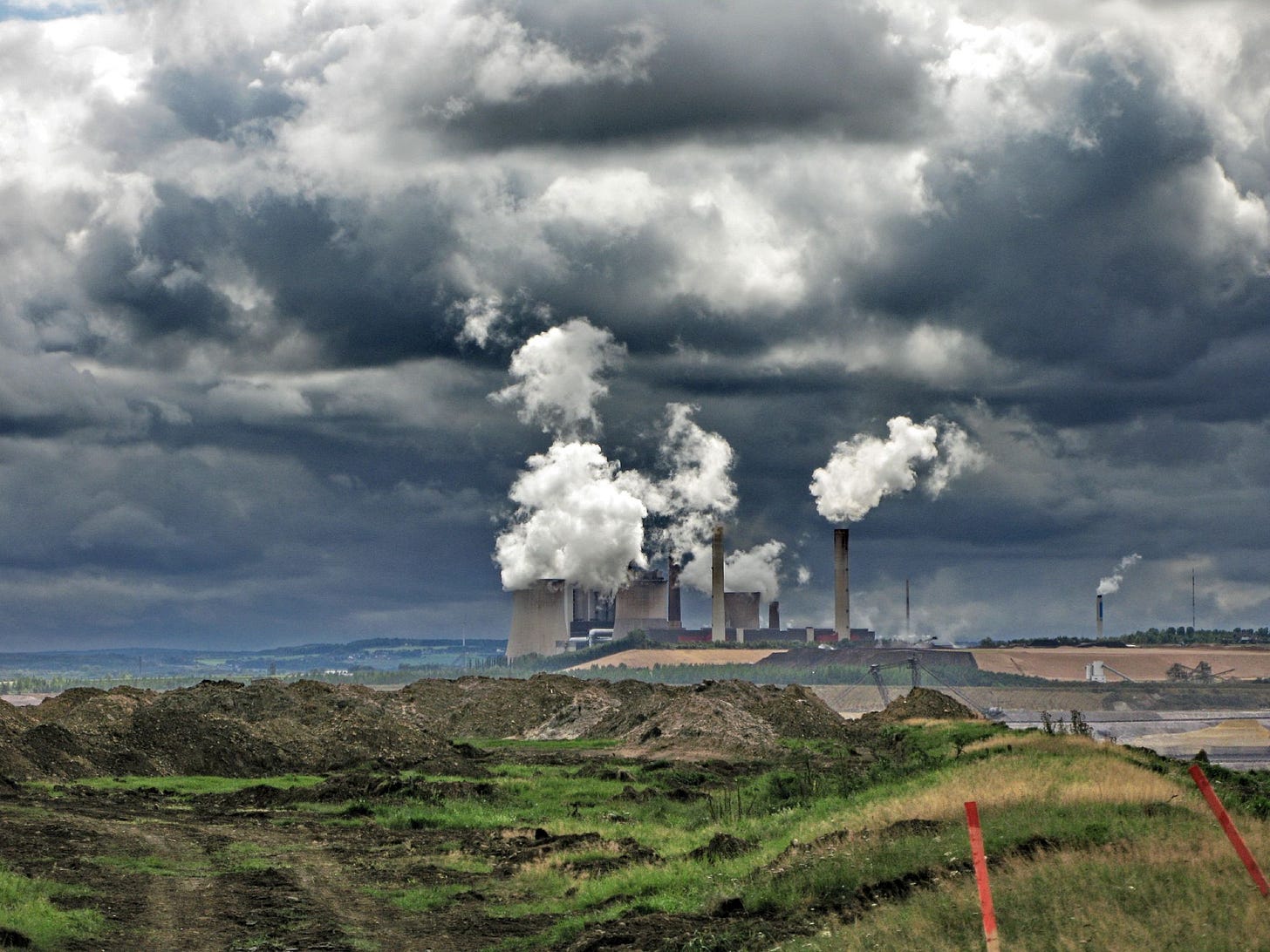Peruvian farmer loses landmark climate case in German court, but may set important precedent
The 10-year-old case sought damages from the German utility to help pay to mitigate flood risk in Peru.
A Peruvian farmer has lost his decade-long fight to hold a German energy company liable for climate damages — but the ruling may have strengthened the legal path for future climate lawsuits.
German Judge Rolf Meyer, in Hamm, dismissed farmer Saul Luciano Lliuya’s case after determining the alleged harms from the energy company RWE’s emissions weren’t large enough to sustain the lawsuit.
But the decision is being heralded as an important precedent by Lliuyu’s attorneys and others who say Meyer also determined a polluter could theoretically be forced to slash emissions or pay damages if larger harms were argued.
The decade-old case has been closely watched as a test whether a company like RWE — which has never operated in Peru, but was described in court as one of the largest polluters in the world — could be held responsible for contributing to climate change that is melting Andean glaciers and increasing the flood risk at Lliuya’s home.
The farmer had argued that RWE, which is phasing out its coal-fired power plants, should be forced to pay at least $17,500 of a $3.5 million flood defense project needed to stop flooding near his home.
RWE said in a statement that it is on track to become carbon neutral by 2040, and said the German industrial sector overall has done a good job of cutting greenhouse gas emissions compared to other countries.
"We regard it as an entirely misplaced approach to turn courtrooms into a forum for NGOs' demands on climate protection policies," the utility said in a statement after the ruling.
Lliuya’s representatives, meanwhile, saw a huge silver lining in the defeat.
“It is true that the court itself did not consider the flood risk for my client to be sufficiently high,” said Roda Verheyen, a lawyer for Lliuya, in a statement.
“But one thing is clear: today’s ruling is a milestone and will give a tailwind to climate lawsuits against fossil fuel companies, and thus to the move away from fossil fuels worldwide.”
Here’s what else we’re watching:
U.S. Supreme Court refuses to block copper mine on Native American land: The high court declined to hear Native American group Apache Stronghold’s case seeking to block the Rio Tinto copper mine in Arizona. The group had argued that developing the massive copper mine on a stretch of land in the Tonto National Forest known as Oak Flat would violate their religious rights.
The denial — in which Justices Neil Gorsuch and Clarence Thomas dissented — essentially upholds a lower court order to transfer the federal land to the developer, and marks a significant blow after years of legal fighting that began when the land swap was first approved in 2014.The White House kills greenhouse gas emissions guidance in NEPA reviews: The Council on Environmental Quality submitted a notice to the Federal Register that it is ending a Biden-era guidance for federal agencies to consider climate change and greenhouse gas emissions when permitting energy projects. Under the National Environmental Policy Act (NEPA), agencies must consider the environmental harms associated with major projects — but the executive branch has in the past exercised significant leeway in defining what factors are considered.
It’s not the first change to NEPA under the Trump administration, which has sought to unravel longstanding CEQ rules and to limit the amount of time spent on projects at the U.S. Interior Department.The 9th Circuit Court of Appeals gave Arizona tribes a lifeline in their fight against a major power line: The appeals court reversed a lower court finding that the Tohono O’odham Nation filed a lawsuit challenging the path of the SunZia Transmission Line too late. The tribe had claimed the pathway of the massive transmission line that would carry New Mexico wind energy to roughly 3 million customers in California violated the National Historic Preservation Act, and would disturb sacred lands in Arizona.
The court wrote that the tribe had “plausibly alleged” that the Interior Department violated an earlier agreement they reached with the department “by authorizing construction before properly identifying all historic properties affected by the Project and ensuring that any adverse effects would be avoided, minimized, or mitigated.”Massachusetts residents look to block construction on an offshore wind farm 20 miles from Martha’s Vineyard: Residents of Nantucket, Mass., filed a lawsuit alleging the U.S. Bureau of Ocean Energy Management and other federal departments violated the Endangered Species Act, the Marine Mammal Protection Act and other laws when they approved the New England 1 and 2 offshore wind projects.
Like many lawsuits challenging wind farms near New England, the challengers claim that the wind farms will harm endangered whales, among other things.New York judge blocks Trump admin’s effort to kill NYC’s congestion pricing plan: A New York federal judge issued a temporary restraining order blocking the U.S. Transportation Department from “terminating” the city’s congestion pricing plan, which levies a fee on motorists entering lower Manhattan.
U.S. District Judge Lewis Liman’s order will expire June 9.




Gorsuch's dissent didn't surprise me of course. Thomas was just following his consistent path in RFRA cases. But what was up with the three liberal justices?